
Africa’s share of global trade remains under three percent, in part because of a persistent trade finance gap that leaves exporters unable to invest in local processing, Dean Adansi, Chief Executive Officer (CEO) of Ghana International Bank (GHIB), has said.
The current export model is leaving billions of dollars in potential earnings on the table.
Speaking to BBC on the GHIB CONVERGE 2025 conference sidelines in London, Mr. Adansi said the causes were structural; shallow capital markets, expensive working capital and limited regulatory and infrastructure support.
“Interest rates are significantly higher than in the West in many African countries, making it very difficult for smaller entities with short-track records to obtain the financing they need to export commodities, or even to industrialise locally,” he noted.
For every US$1 of trade there is a US$1.70 impact on GDP, meaning that closing an US$80billion trade finance gap in sub-Saharan Africa could generate an additional US$133billion annually.
It is to this end that Mr. Adansi has set out a financing blueprint to shift Africa’s commodity trade from raw exports to value-added products.
According to research presented at the conference, raising Africa’s share of value-added exports from 14 to 25 percent could generate over US$50billion in extra annual revenue and millions of industrial jobs.
Ghana’s own recent gains in cocoa processing and investments in gold refining were cited as examples of what targetted finance can achieve.
Mr. Adansi warned that processing cannot advance without parallel infrastructure improvements: steady electricity supply, modern transport networks and skilled technical labour. In many markets, tax regimes and export licencing rules also favour unprocessed exports.
He pointed to the African Continental Free Trade Area (AfCFTA) as a structural opportunity to build regional-scale processing hubs serving multiple countries, while technology and transparency measures could help African processors win better market terms.
Mr. Adansi said pilot projects in selected commodity sectors could demonstrate the financial and development case for scaling up.
GHIB has been operating from London for the past 65 years and works with local financial institutions in West Africa to build capacity and make them more attractive to larger international lenders.
The post Editorial: Africa’s share of global trade remains negligible appeared first on The Business & Financial Times.
Read Full Story
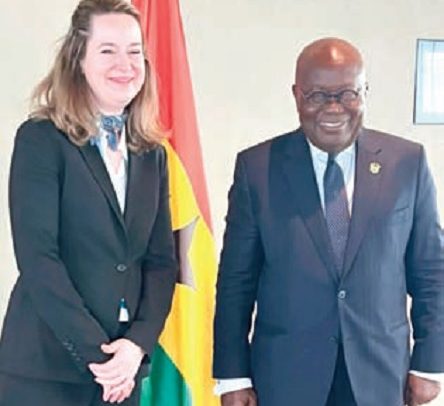

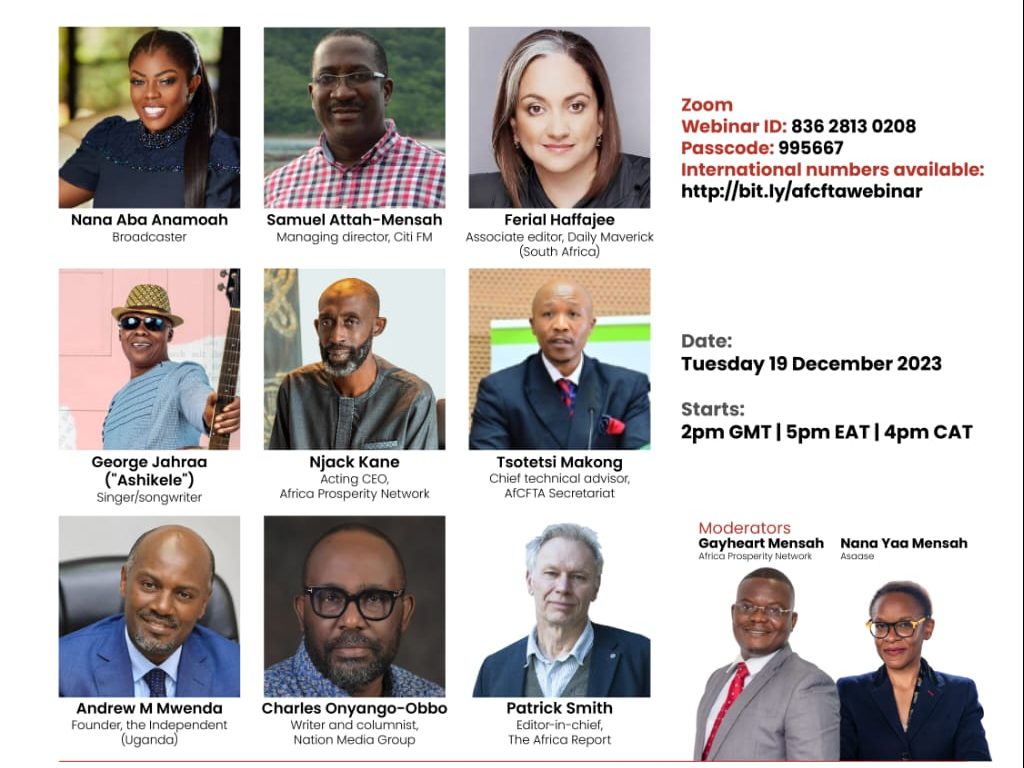

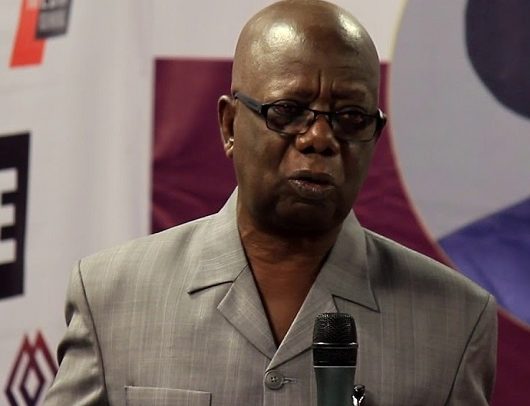

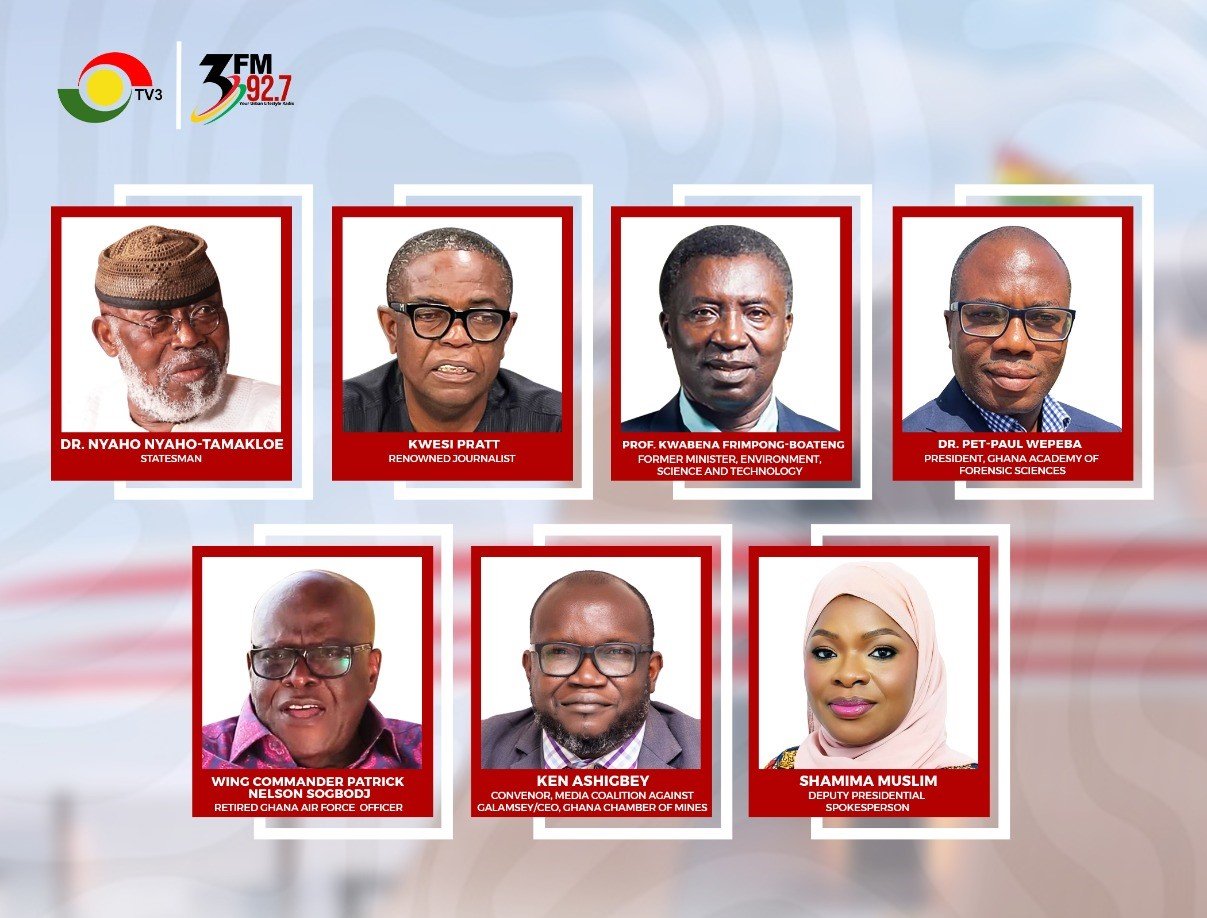




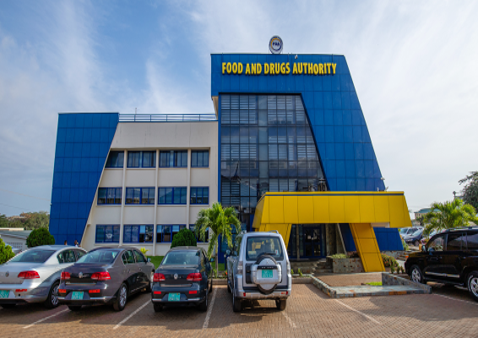
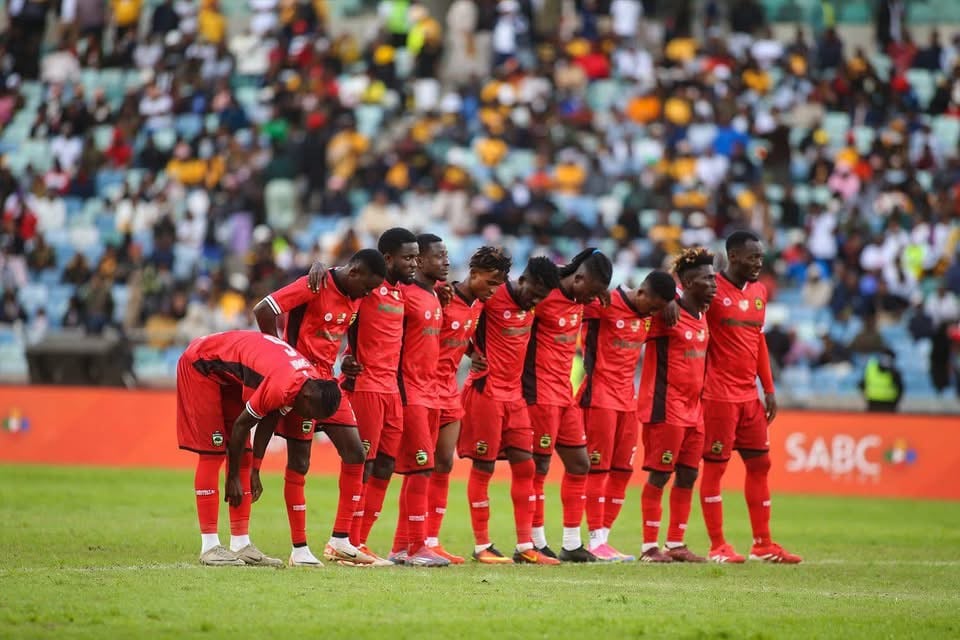

Facebook
Twitter
Pinterest
Instagram
Google+
YouTube
LinkedIn
RSS